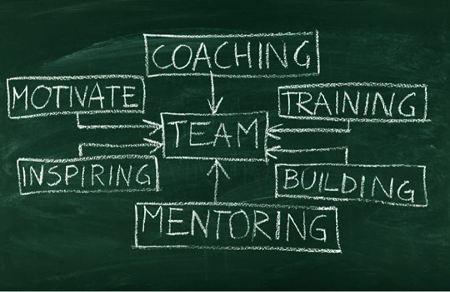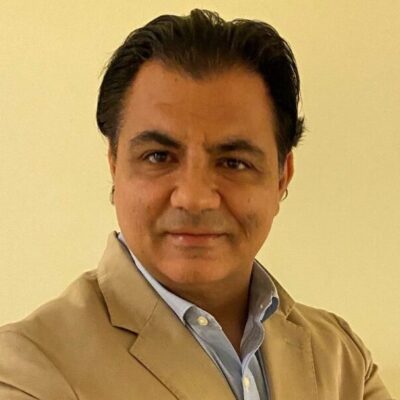
Coaching is a broad concept. It aims to support professionals to grow and transform in the professional field and to use/develop their skills and capabilities. I believe that the optimum coaching experiences result from trust-based relationships/partnerships.
By Emile Fakhoury
Coaching is a creative process where the coach helps the coachee explore new possibilities. Best results come from allowing the individuals to explore their potential and new skills to develop themselves. Being effective in the coaching profession takes a certain amount of skill beyond being a good listener.
To help better understand the coaching experience, it is good to know what is not coaching:
- Coaching is not a therapy:
Coaching is not made to resolve personal or emotional problems; it is a pure career-focused professional experience.
- Coaching is not being told what to do:
The coach should be asking the questions and not providing nor having the answers; the individual being coached should deeply think, brainstorm, and take their time to explore their situation and assess their potential and skills to move to the next level; it is a self-development process assisted by question to challenge and review the career progression.
- Coaching is not one size fits all:
Each person is different from another naturally. Therefore, it doesn’t exist a magical formula or program to fit all people. It should start by building a solid trust and sharing honestly and directly the issues or concerns to develop the career plan.
- Coaching is not judgemental:
Coaches should not take advantage of individual vulnerabilities and judge or rate them. There should be no right or wrong, but open questions and answers series to help un-lock the professional personal growth and development aspirations.

Coaching should follow a plan, at best, should be part of GROW model:
- Growth, the aim of coaching (aspirations):
At this phase, the purpose is to build trust and understand the situation. I assume both coach and coachee have agreed to work together in this phase.
The coach should be asking questions to understand the coachee well. Asking about career goals, objectives, and new skills to learn and develop is essential.
- Reality, where the coachee is now (current situation):
After the initial growth phase, the coach should ask about what is and is not working—pushing the limit progressively to understand what was done to improve, how it worked, and if there are any consequences and obstacles. Learning about the coachee’s passion and fears will help balance emotional intelligence to extract and deliver the best outcomes of coaching.
- Options, the choices available to the coachee (strength, possibilities):
In this phase, the coach should allow the coach to assess and determine the most helpful thing to do. The coach should help the coachee explore various options, career development, and investment in time and efforts. This will help unleash fear and let the imagination and logic of the coachee merge to help boost the career progression.
- Will, the specific action the coachee will take (accountability):
At this advanced stage, the coachee should explore the short- and long-term measures and commit to reaching desired goals. The coach should help unhide last obstacles or hesitations and check anything else before moving to step.
Coaching is no longer just sharing what you know with somebody less experienced, although that remains a valuable aspect. It is a way of asking questions to spart insights into the other person.
I enjoy coaching and find it to be goal-oriented. It should be driven by the coachee and need to be situational, providing the benefits to both coach and coachee and reflective to make it a successful experience.

Thanks for sharing
Interesting Article
Good piece. Best one so far Mr. Fakhoury.
thank you JB!
Appreciated Mireille!
appreciated Carl!
Well done
appreciated Dear Nabil!
Nice read Mr Fakhoury.
thank you Mona!